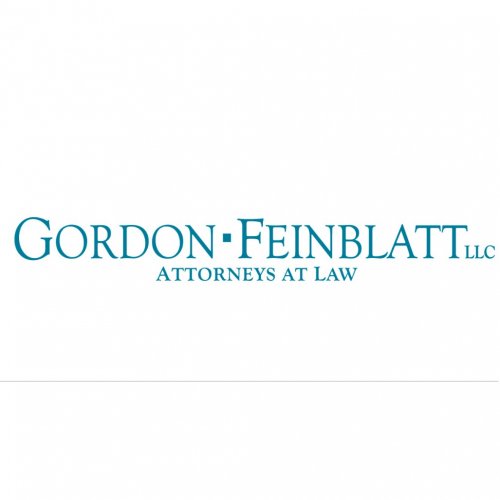Best Domestic Violence Lawyers in Baltimore
Share your needs with us, get contacted by law firms.
Free. Takes 2 min.
Free Guide to Hiring a Family Lawyer
List of the best lawyers in Baltimore, United States
About Domestic Violence Law in Baltimore, United States
Domestic Violence encompasses a wide range of abusive behavior often exhibited by one person in a relationship as a means to gain power and control over the other. It can include physical, sexual, emotional, economic, or psychological abuse. In Baltimore, as in the rest of Maryland, domestic violence laws make it illegal to cause or attempt to cause physical harm against an intimate partner, family member, or other individuals living in one's household. The law also bans stalking and other forms of harassment, irrespective of whether these acts are committed in person or indirectly.
Why You May Need a Lawyer
Individuals dealing with domestic violence situations may need a lawyer for a variety of reasons. This can include obtaining a protective order, filing for divorce, establishing custody arrangements, or fighting accusations of domestic violence. A lawyer can also aid victims in holding the abusers accountable by navigating the complex legal system, which can seem especially intimidating during such a traumatic time.
Local Laws Overview
In Baltimore, the local laws define domestic violence as any act causing serious bodily harm, assault of any kind, rape or sexual offense, false imprisonment or stalking. Protective Orders, otherwise known as restraining orders, can be obtained at any local District Court, Circuit Court or Commissioner's office. They serve to legally keep the abuser away from the victim, even forcing them to vacate a shared residence if necessary. Violation of Protective Orders can result in immediate arrest and additional criminal charges.
Frequently Asked Questions
What's the difference between a peace order and a protective order?
A protective order is specifically designed for individuals who are in an intimate relationship or familial relationship with their abuser, while a peace order is available for other relationships, such as neighbors or strangers.
How can I file for a protective order?
Protective orders can be filed at any local District Court, Circuit Court or Commissioner's office in Baltimore. An experienced lawyer can help guide you through the process.
What happens if a protective order is violated?
If a protective order is violated, the offender can be immediately arrested and further criminal charges may be added.
Can I get help in filing for divorce or child custody?
Yes, attorneys skilled in domestic violence cases can assist you in filing for divorce and safeguarding your custodial rights, ensuring the safety and wellbeing of you and your children.
Can the same lawyer represent both parties in a domestic violence case?
No, it is a conflict of interest for one lawyer to represent both sides. Each party should have their own representation to ensure their rights are protected.
Additional Resources
You may find additional assistance and support through the Maryland Network Against Domestic Violence, House of Ruth Maryland, and the Family Crisis Center of Baltimore County. Maryland Legal Aid and the Women's Law Center of Maryland also offer legal resources and guidance for those dealing with domestic violence.
Next Steps
If you are experiencing domestic violence, get to a safe place and contact the appropriate authorities immediately. Then, consider obtaining legal help. A skilled attorney can help you understand your rights, guide you through the process of obtaining a protective order and assist with any other necessary legal actions like divorce or custody arrangements. Reach out to a community resource listed above for further assistance with access to legal services.
Lawzana helps you find the best lawyers and law firms in Baltimore through a curated and pre-screened list of qualified legal professionals. Our platform offers rankings and detailed profiles of attorneys and law firms, allowing you to compare based on practice areas, including Domestic Violence, experience, and client feedback.
Each profile includes a description of the firm's areas of practice, client reviews, team members and partners, year of establishment, spoken languages, office locations, contact information, social media presence, and any published articles or resources. Most firms on our platform speak English and are experienced in both local and international legal matters.
Get a quote from top-rated law firms in Baltimore, United States — quickly, securely, and without unnecessary hassle.
Disclaimer:
The information provided on this page is for general informational purposes only and does not constitute legal advice. While we strive to ensure the accuracy and relevance of the content, legal information may change over time, and interpretations of the law can vary. You should always consult with a qualified legal professional for advice specific to your situation.
We disclaim all liability for actions taken or not taken based on the content of this page. If you believe any information is incorrect or outdated, please contact us, and we will review and update it where appropriate.










